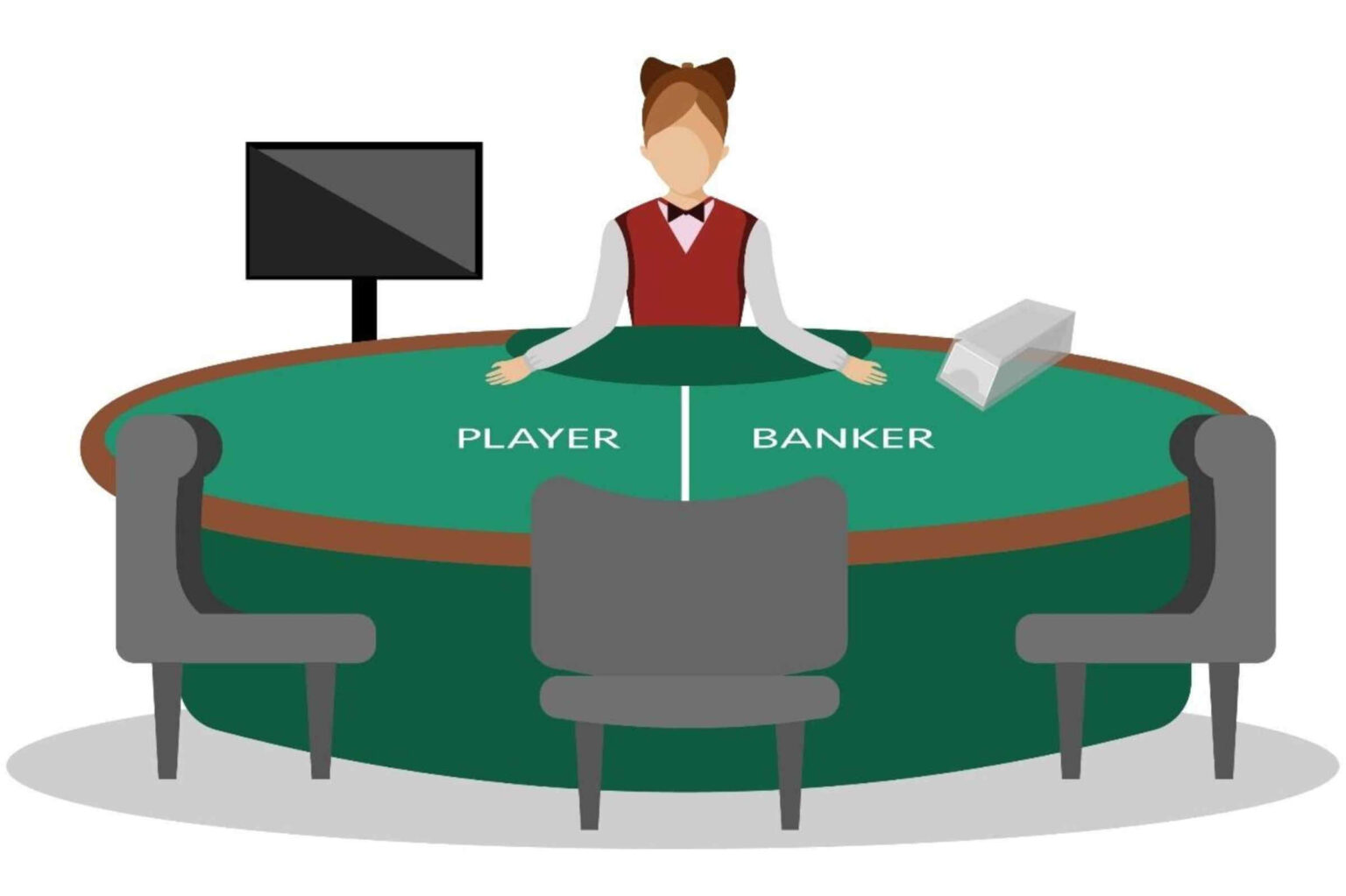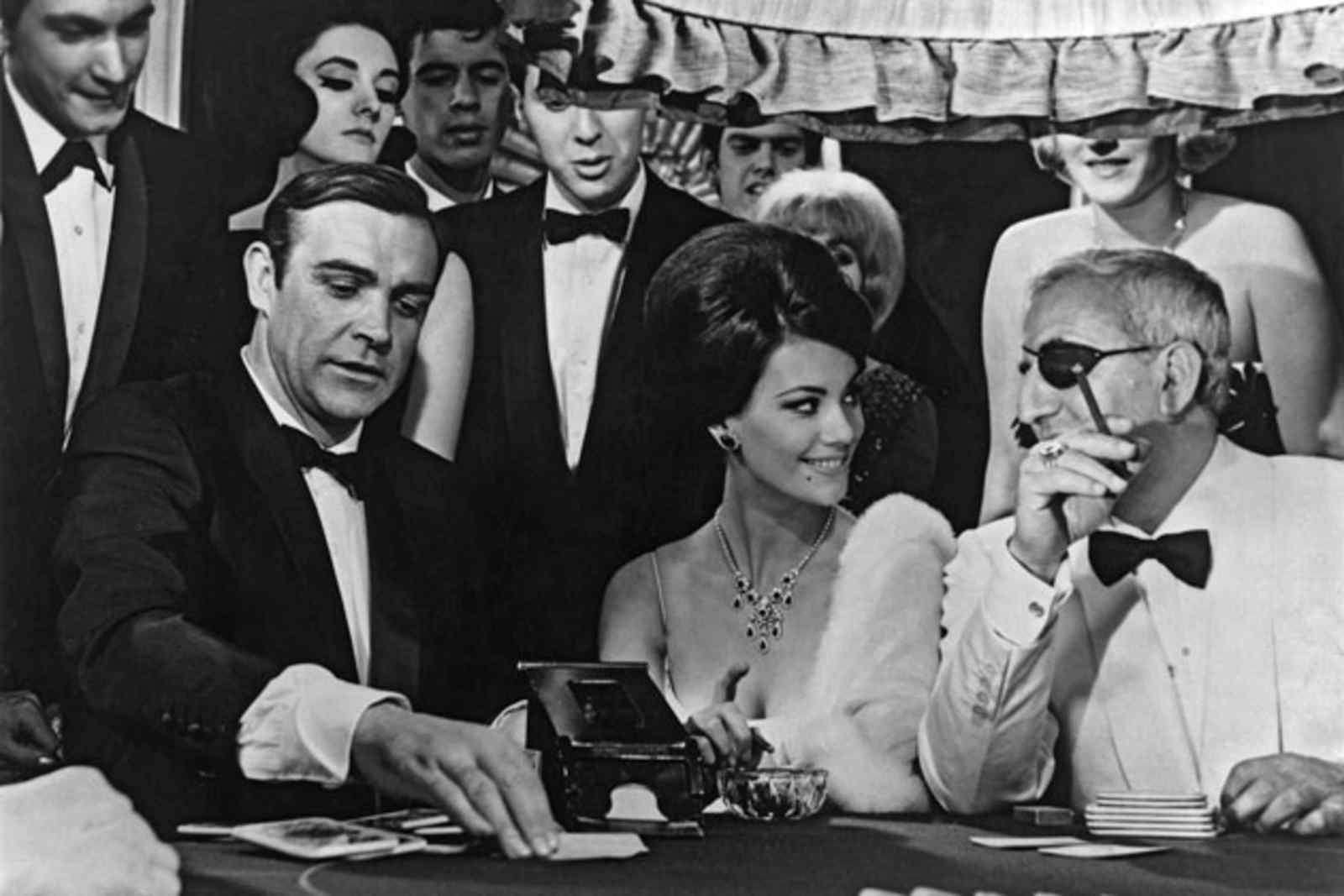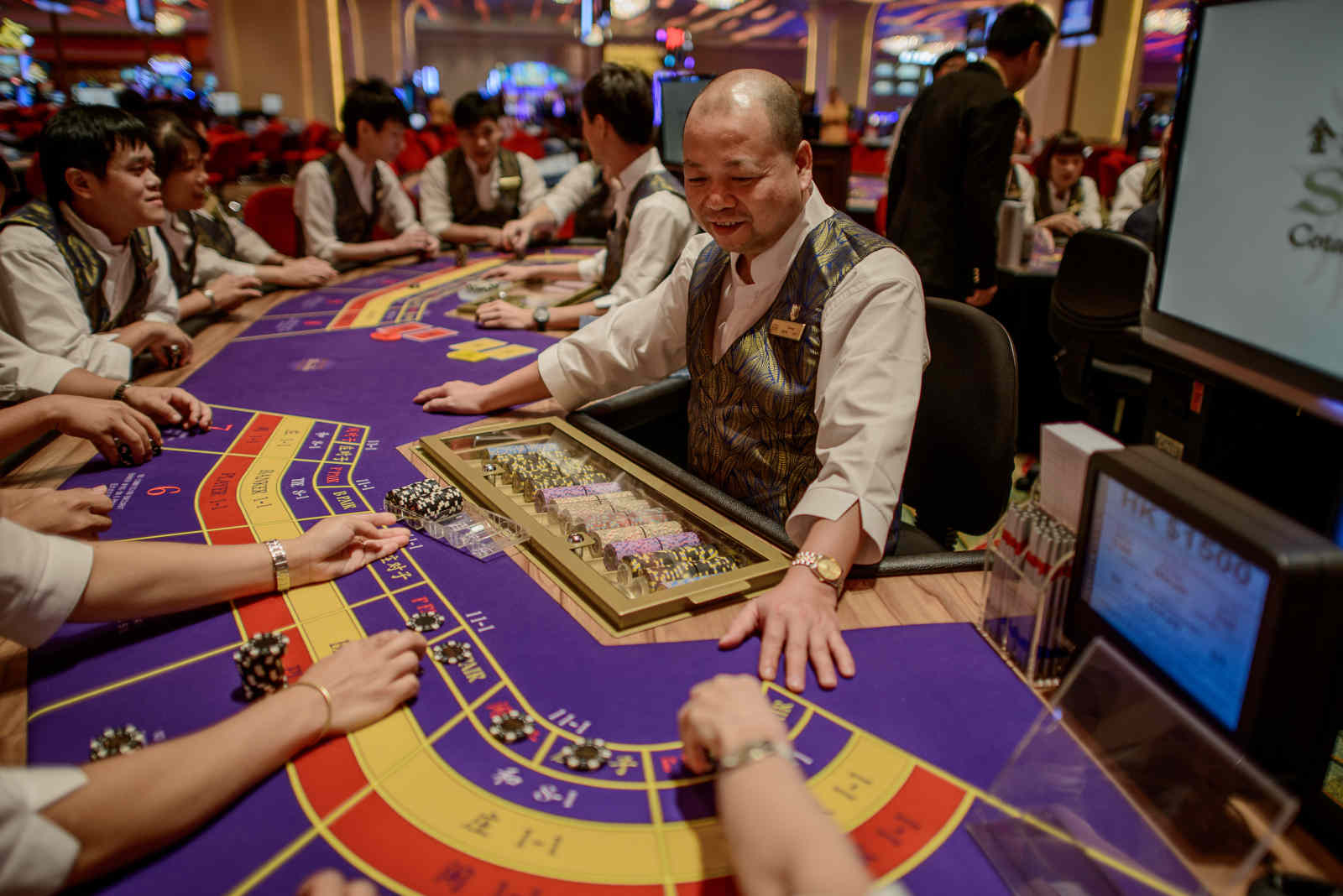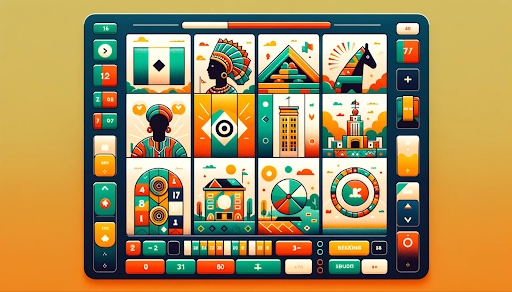
Back to basics – Baccarat
Baccarat is famed as being one of the casino games with the lowest house edge, as well as frequently being enjoyed by fictional British spy, James Bond.
It is a comparing card game that involves guesses and wit, and only has three possible outcomes; one in which the player has the highest score, one in which the banker has the highest score, and another in which the outcome is a tie.
Read on as we go back to basics, exploring the history, how to play, and everything you need to know to get you well on your way to becoming a Baccarat pro.

A brief history
Historians believe that games of Baccarat began in Italy in the 1400s, and were created by Felix Falguiere or Falguierein, to whom the game was known as Baccara, which means zero in Italian. It’s said he named it this due to the fact that face cards and tens are worth zero during gameplay.
The game spread into France in the 1800s, where it became known as Baccarat. Here, the variation Chemin de Fer was developed, sparking King Charles VIII’s interest, and so he made it a game for the aristocrats. For many centuries, only the rich could afford to play Baccarat.
Soon, French travelers introduced the game to England, and it became available to everyone. When famous writer, journalist, and naval intelligence officer Ian Fleming learned how to play the game, he adopted it as his fictional character’s favorite. And so, in 1953, when the first James Bond novel was published, Baccarat saw a huge rise in popularity, helping it to become the game we know and love today.

The biggest spread of Baccarat tables is found in casinos in Macau, China, but the game is commonly found at most brick-and-mortar establishments. On top of this, you can now play Baccarat at an online casino, where digital and live casino Baccarat is waiting for you to discover.

How to play
The number of player seats in a game of Baccarat can vary but usually ranges from between nine to 14, along with the dealer’s space. It doesn’t matter how many people there are, however, as only two hands are played: the banker and the dealer. Each player has three-bet boxes above their number on the top of the table, each relating to the three possible outcomes.
Once you’ve placed your bets, four cards are kept on the table and the dealer will pull out a card, positioning it in the player box. The next card is placed in the banker box, and this process is repeated until each box has two cards.
Essentially the aim of the game is to receive a hand that equals nine. So, if the total of either of the boxes’ first two cards is eight or nine, then it’s a natural win. If the total is not eight or nine, the dealer will draw an additional card from one or more hands. Each card is counted at its face value, and 10, Jack, Queen, and King cards are valued at zero. An Ace has the value of one.







